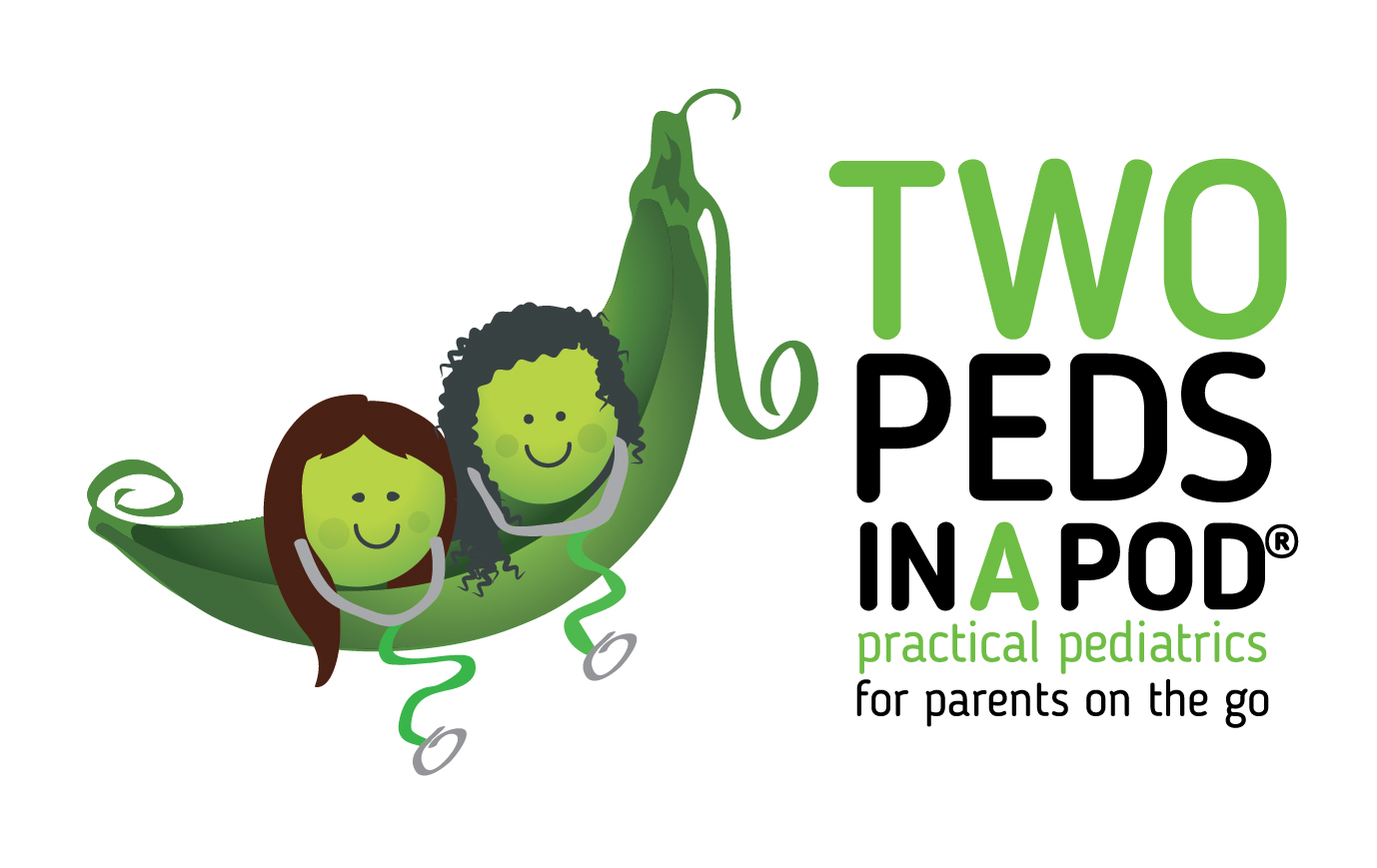Now that we are in the middle of the 2015 flu season, we have parents asking us every day how they can tell if their child has the flu or just a common cold. Here’s how:
Colds, even really yucky ones, start out gradually. Think back to your last cold: first your throat felt scratchy or sore, then the next day your nose got stuffy or then started running profusely, then you developed a cough. Sometimes during a cold you get a fever for a few days. Sometimes you get hoarse and lose your voice. Kids are the same way. In addition, they often feel tired because of interrupted sleep from coughing or nasal congestion. This tiredness leads to some extra crankiness.
Usually kids still feel well enough to play and attend school with colds, as long as their temperatures stay below 101°F and they are well hydrated and breathing without any difficulty. The average length of a cold is 7-10 days although sometimes it takes two weeks or more for all coughing and nasal congestion to resolve.
Important news flash about mucus: the mucus from a cold can be thick, thin, clear, yellow, green, or white, and can change from one to the other, all in the same cold. The color of mucus does NOT tell you if your child needs an antibiotic and will not help you differentiate between a cold and the flu.
The flu, caused by influenza virus, comes on suddenly and makes you feel as if you’ve been hit by a truck. Flu always causes fever of 101°F or higher and some respiratory symptoms such as runny nose, cough, or sore throat (many times, all three). Children, more often than adults, sometimes will vomit and have diarrhea along with their respiratory symptoms. Usually the flu causes body aches, headaches, and often the sensation of your eyes burning. The fever usually lasts 5-7 days. All symptoms come on at once; there is nothing gradual about coming down with the flu.
So, if your child has a runny nose and cough, but is drinking well, playing well, sleeping well and does not have a fever and the symptoms have been around for a few days, the illness is unlikely to “turn into the flu.”
Remember: colds = gradual and annoying. Flu = sudden and miserable.
Fortunately, a vaccine against the flu can prevent the misery of the flu. In addition, vaccines against influenza save lives by preventing flu-related complications that can be fatal such as pneumonia, encephalitis (brain infection), and severe dehydration. Even in a year, like this one, when the flu vaccine is not well matched to the currently circulating strains, its still worth getting the vaccine.
Be sure to read our guest article on ways to prevent colds and flu and our thoughts on over the counter cold medicines. Now excuse us while we go out to buy yummy-smelling hand soap to entice our kids to wash germs off their hands. After that you’ll find us cooking up a pot of good old-fashioned chicken soup, just in case…
Julie Kardos, MD and Naline Lai, MD
revised from our Sept 2009 post
©2015 Two Peds in a Pod®




